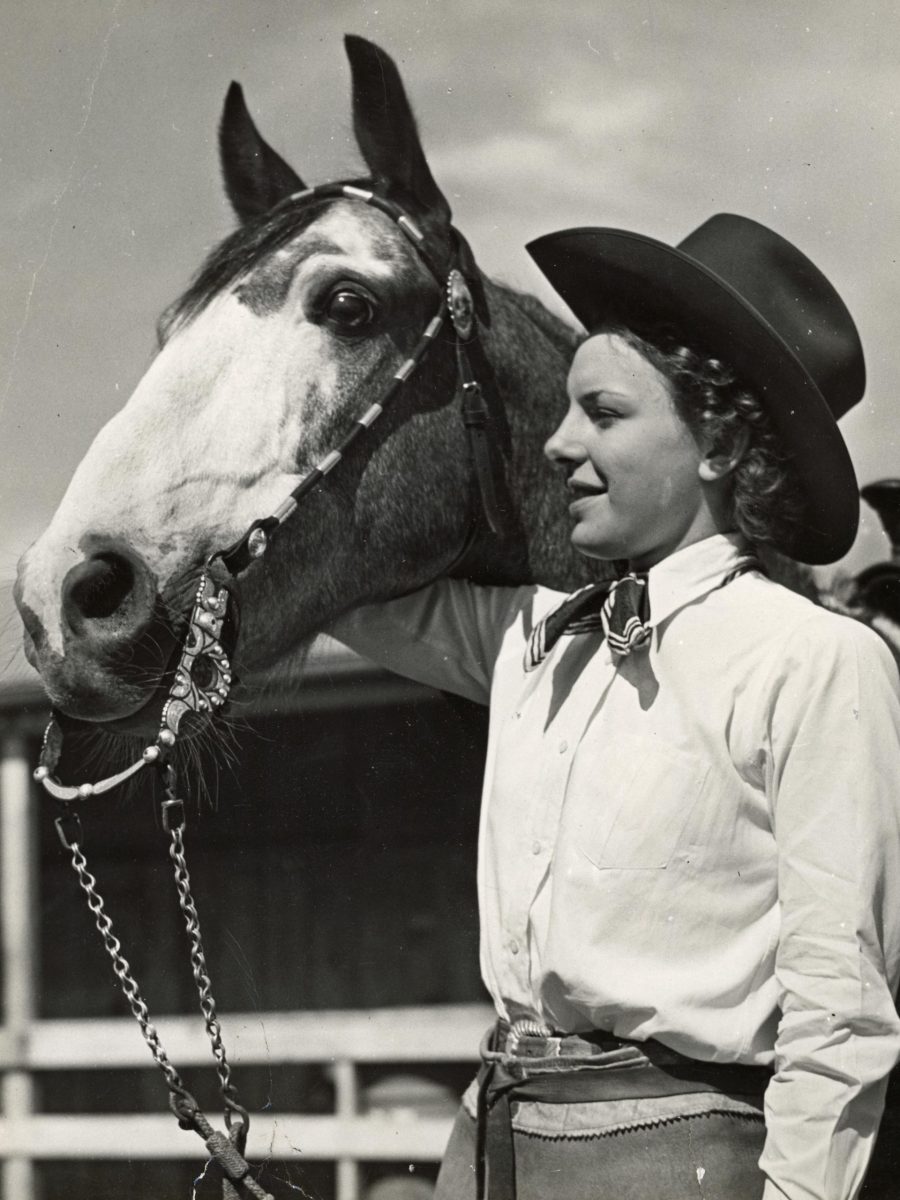HELENA, MT. – Bovine tuberculosis (TB) has been confirmed in a Montana beef herd for the first time in decades. The Montana Department of Livestock (MDOL) confirmed TB in a Blaine County herd following detection of the disease in a cow at slaughter.
The infected cow was identified by meat inspectors during routine inspection at a Minnesota plant. Identification collected from the infected cow at the time of slaughter linked the animal to a Blaine County beef herd and subsequent herd testing revealed additional TB infected animals. The herd has been placed under quarantine.
Finding bovine TB in the Blaine County herd triggers a full epidemiological investigation to evaluate the extent of disease and to mitigate further spread. This effort includes the testing of adjacent herds and herds that have shipped animals into or received animals from the source herd.

“We are working closely with the herd owner, United States Department of Agriculture, tribal, and wildlife officials on next steps,” said State Veterinarian Marty Zaburski. “The purpose of the investigation is to determine if other herds or wildlife are involved, and if possible, to determine the source of disease introduction.”
Options for TB affected herds are limited and include whole herd depopulation, or extended quarantine while the herd is tested repeatedly (test and removal). Herds subject to whole herd depopulation are reimbursed, or indemnified, by the federal government based upon assessment of the animals’ value. Test negative animals from depopulated herds are able to go through slaughter channels in order to salvage the meat of the animal.
Bovine TB is caused by the bacteria Mycobacterium bovis. The disease causes granulomatous lesions inside the lymph nodes, lungs, liver, spleen, and skin of affected animals. The primary route of spread is aerosol transmission to other animals in close contact. The bacterium is also capable of infecting wildlife, such as deer, and people. The disease has an incubation period that can range from months to years and infected animals rarely show clinical signs, meaning cattle appearing healthy may be infected with the bacteria.
Although TB is a zoonotic disease capable of infecting people, it is not a food safety threat thanks to a robust meat inspection program and the pasteurization of milk for retail sale. Consumption of infected raw (unpasteurized) milk however, is a documented route of transmission to people.












